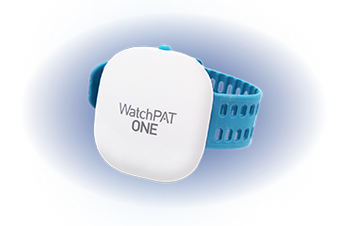-
Philips Respironics DreamWear Full Face Mask
Rated 5.0 out of 5 stars2 ReviewsSale price $ 13500Unit price per -
Fisher & Paykel Vitera Full Face Mask with Headgear
Rated 4.0 out of 5 stars2 ReviewsSale price $ 14900Unit price per -
Fisher & Paykel Evora™ Full Compact Face Mask - Fully assembled with headgear
Rated 4.0 out of 5 stars2 ReviewsSale price $ 14900Unit price per -
ResMed AirTouch ™ F20 Full Face CPAP Mask
Rated 4.5 out of 5 stars18 ReviewsSale price $ 15900Unit price per -
11% OFF
Philips Respironics DreamWear Full Face CPAP Mask with Fit Pack
Rated 4.3 out of 5 stars12 ReviewsSale price $ 16900Unit price per$18900Sale -
Fisher & Paykel Vitera Full Face Mask with Headgear Fit Pack
Rated 4.2 out of 5 stars6 ReviewsSale price $ 14900Unit price per -
Fisher & Paykel Evora™ Full Compact Face Mask Fit Pack
Rated 4.5 out of 5 stars8 ReviewsSale price $ 14900Unit price per -
9% OFF
ResMed AirFit™ F20 Full Face CPAP Mask
Rated 4.3 out of 5 stars7 ReviewsSale price $ 15500Unit price per$17000Sale -
Fisher & Paykel Simplus Full Face CPAP Mask with Headgear
Sale price $ 13500Unit price per -
Resmed AirFit™ F40 Full Face Mask
Rated 4.0 out of 5 stars3 ReviewsSale price $ 15500Unit price per -
9% OFF
ResMed AirFit ™ F30 Full Face CPAP Mask
Rated 3.5 out of 5 stars2 ReviewsSale price $ 15500Unit price per$17000Sale -
11% OFF
ResMed AirFit™ F30i CPAP Mask
Rated 4.8 out of 5 stars6 ReviewsSale price $ 15900Unit price per$17900Sale -
Fisher & Paykel Simplus Full Face CPAP Mask with Headgear Fit Pack
Rated 4.2 out of 5 stars5 ReviewsSale price $ 13500Unit price per -
15% OFF
SleepWeaver Anew Cloth Full-Face CPAP Mask with Headgear
Rated 3.0 out of 5 stars2 ReviewsSale price $ 8400Unit price per$9900Sale -
15% OFF
Fisher & Paykel Vitera Full Face Mask Basic Resupply Bundle
Sale price From $ 21845Unit price per$25700Sale -
15% OFF
Fisher & Paykel Vitera Full Face Mask Deluxe Resupply Bundle
Sale price From $ 23715Unit price per$27900Sale -
15% OFF
Fisher & Paykel Simplus Full Face Mask Basic Resupply Bundle
Sale price From $ 19805Unit price per$23300Sale -
15% OFF
Fisher & Paykel Simplus Full Face Mask Deluxe Resupply Bundle
Sale price From $ 21675Unit price per$25500Sale



















